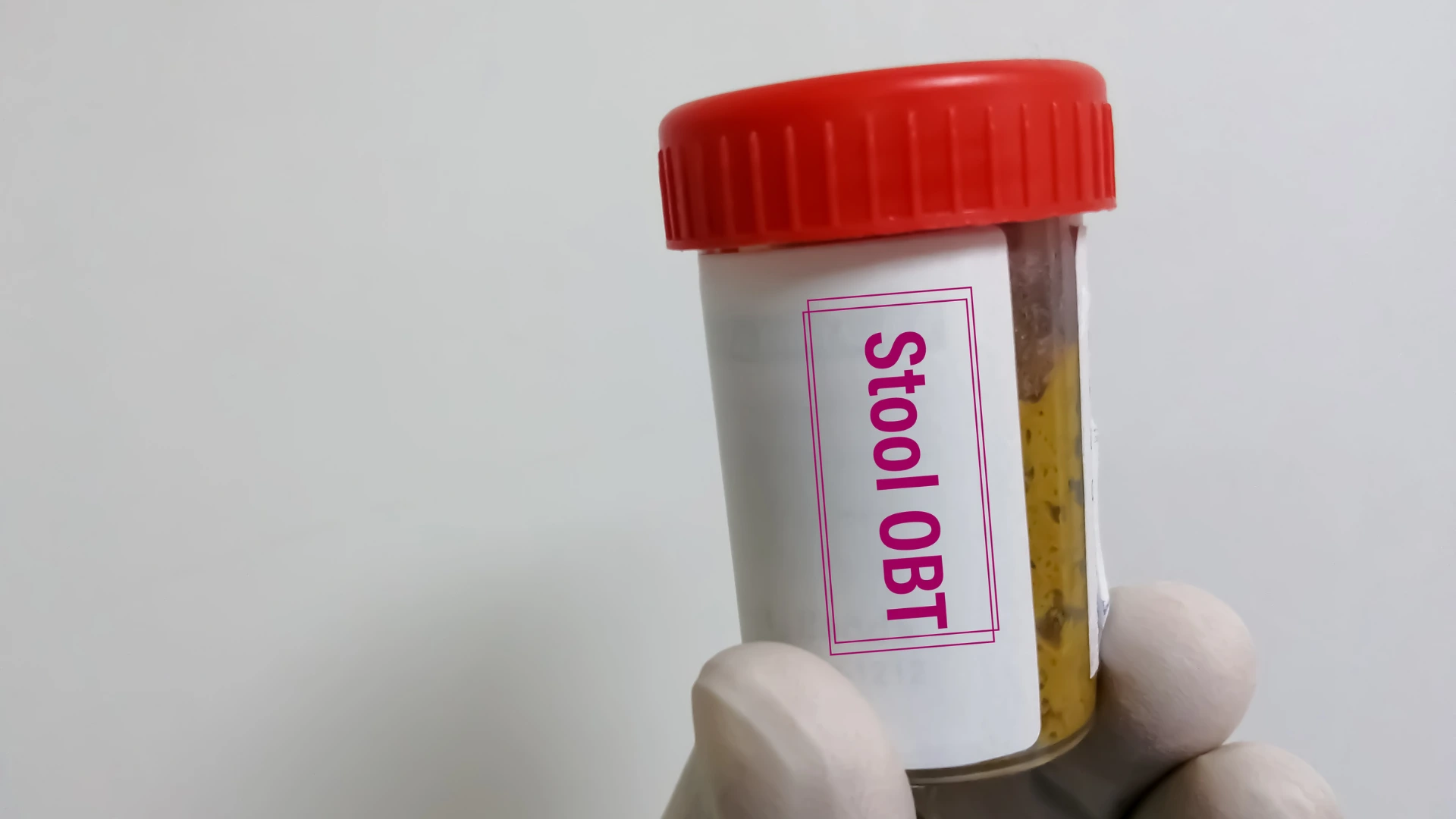
The Fecal Occult Blood Test (FOBT) is a non-invasive screening tool that checks for hidden (occult) blood in your stool. This test is often used to detect gastrointestinal bleeding, which may be a sign of conditions such as colorectal cancer, polyps, ulcers, or inflammation in the digestive tract.
What Is a Fecal Occult Blood Test? 🔍
The FOBT detects tiny amounts of blood in the stool that are not visible to the naked eye. It is a quick and simple test that plays a critical role in identifying potential issues in the gastrointestinal system early, even before symptoms appear.
Why Is the FOBT Important? 🤔
Doctors recommend the FOBT for several reasons:
What Can the Test Reveal? 👀
A Crucial Step in Digestive Health 💡
The FOBT is a safe, simple, and effective way to screen for early signs of gastrointestinal issues. Early detection of hidden blood can lead to timely diagnosis and treatment, potentially saving lives.
Take control of your digestive health—book your appointment today for a Fecal Occult Blood Test.
DISCLAIMER: The information presented on this page has been intentionally condensed and simplified to make it accessible and easier to understand for the general audience. Its purpose is solely to provide basic awareness and education on the topic discussed. It is important to note that this content is not exhaustive and does not replace or serve as a substitute for professional medical advice, diagnosis, or treatment. Readers are strongly advised to seek consultations with qualified healthcare professionals or specialists for accurate assessment, personalized guidance, and appropriate medical care. Relying solely on the information provided here, without professional oversight, may lead to misunderstandings or inadequate treatment.
Privacy policy
Copyright ©2025 Klinika Kajo. Designed By Vizional